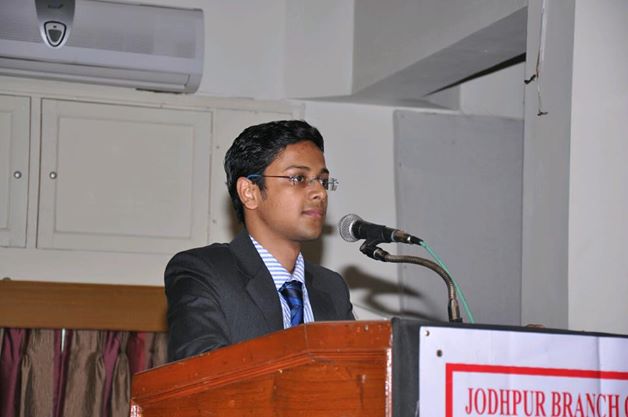| Article Section | |||||||||||
|
Home |
|||||||||||
Payment by Set-off |
|||||||||||
|
|||||||||||
Payment by Set-off |
|||||||||||
|
|||||||||||
Payment under GST law is of utmost significance. The governing provisions of input tax credit under GST required payment of tax before claim of credit of the said tax. In this article author wishes to through light on admissibility of input tax credit on payment through set off under this law in the light of decision IN RE: M/S. SENCO GOLD LTD. [2019 (5) TMI 701 - AUTHORITY FOR ADVANCE RULING, WEST BENGAL] Assessee was engaged in the manufacturing and retailing of jewellery and articles made of gold, silver, platinum, diamonds and other precious stones. It also owned retail stores, and maintains a network of franchisee-operated stores. It grants such a franchisee the right and license to operate a showroom and to use, in connection therewith, certain Proprietary Marks and System in accordance with a Franchise Agreement (hereinafter the Agreement). The assessee raised a tax invoices on the Franchisee for the supply of jewellery and other articles and also for Franchise Support Services in terms of the Agreement periodically. On its part, the Franchisee also raises tax invoices on the Applicant for the supply of old gold, silver etc., received from the customers. The Applicant intended to settle the mutual debts through book adjustments. The provisions of section 16 required payment of taxable value and tax within the period of 180 days else the assessee is required to reverse the credit already availed of. Second proviso to section 16(2) of the GST Act reads as " where a recipient fails to pay to the supplier of goods or services or both, other than the supplies on which tax is payable on reverse charge basis, the amount towards the value of supply along with tax payable thereon within a period of one hundred and eighty days from the date of issue of invoice by the supplier, an amount equal to the input tax credit availed by the recipient shall be added to his output tax liability, along with interest thereon, in such manner as may be prescribed." The assessee argued that apart from the above proviso, the GST Act nowhere makes availing of input tax credit dependent upon the payment to be made for the inward supply. The captioned proviso also does not prescribe or restrict the mode in which the payment has to be made. Payment through adjustment of the books of accounts is a prevalent commercial practice. Further, para 42 of lndian Accounting Standard 32 provides that a financial asset and a financial liability shall be offset and the net amount presented in the balance sheet when, and only when, an entity (a) currently has a legally enforceable right to set off the recognized amounts; and (b) intends either to settle on a net basis, or to realize the asset and settle the liability simultaneously. Discussion and Findings
Conclusion The above discussion establishes that the recipient can pay the supplier consideration by way of setting off book debt. Unless the law specifically restricts the recipient from claiming the input tax credit when consideration is paid through book adjustment, credit of input tax cannot be denied on this ground alone. Food for thought Whether the principle enumerated through this advance ruling is wide enough to claim discount given at the time of settlement of account is proper mode of payment CA Akash Phophalia 9799569294
By: CA Akash Phophalia - July 1, 2019
|
|||||||||||
| |
|||||||||||
 9911796707
9911796707

